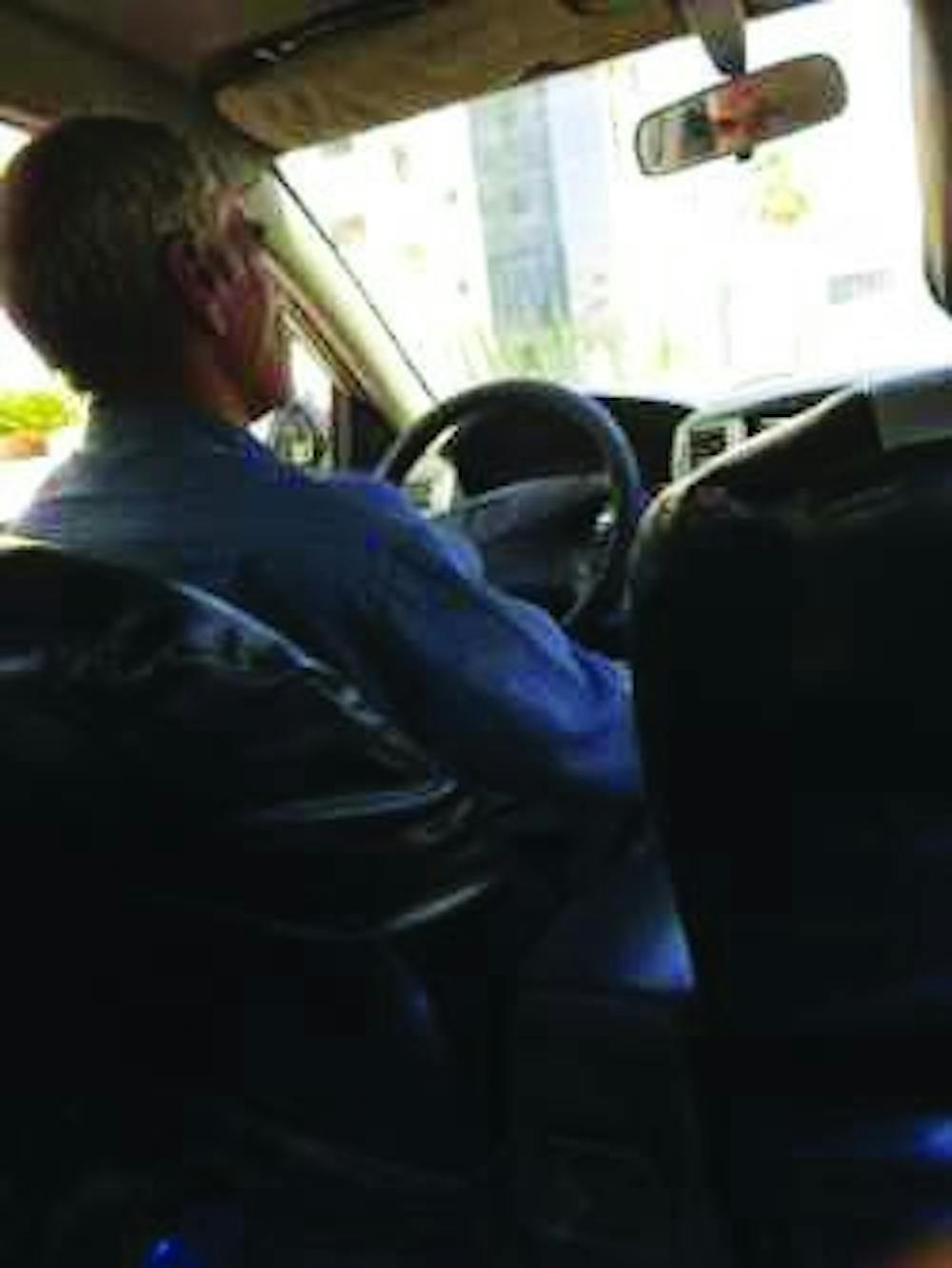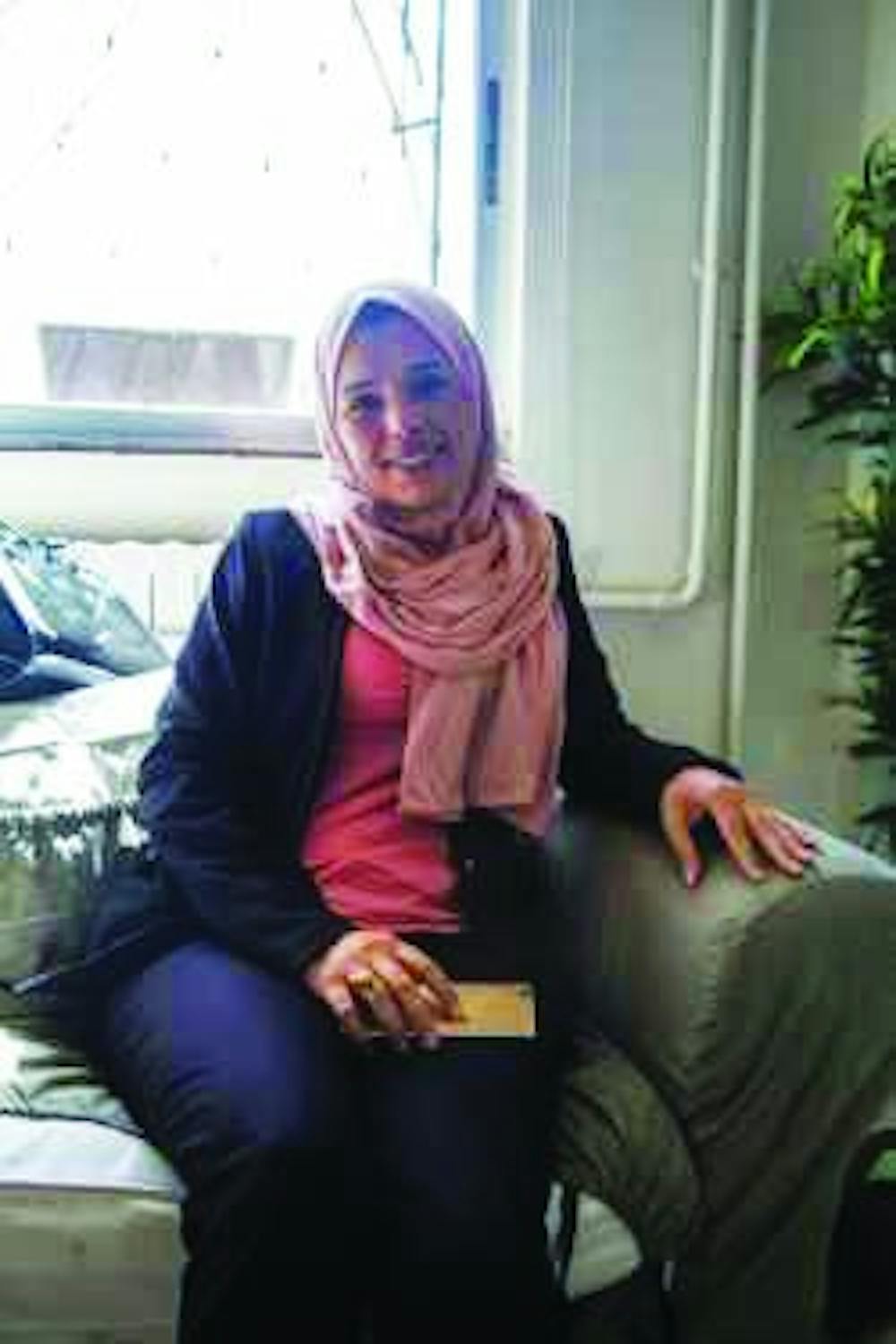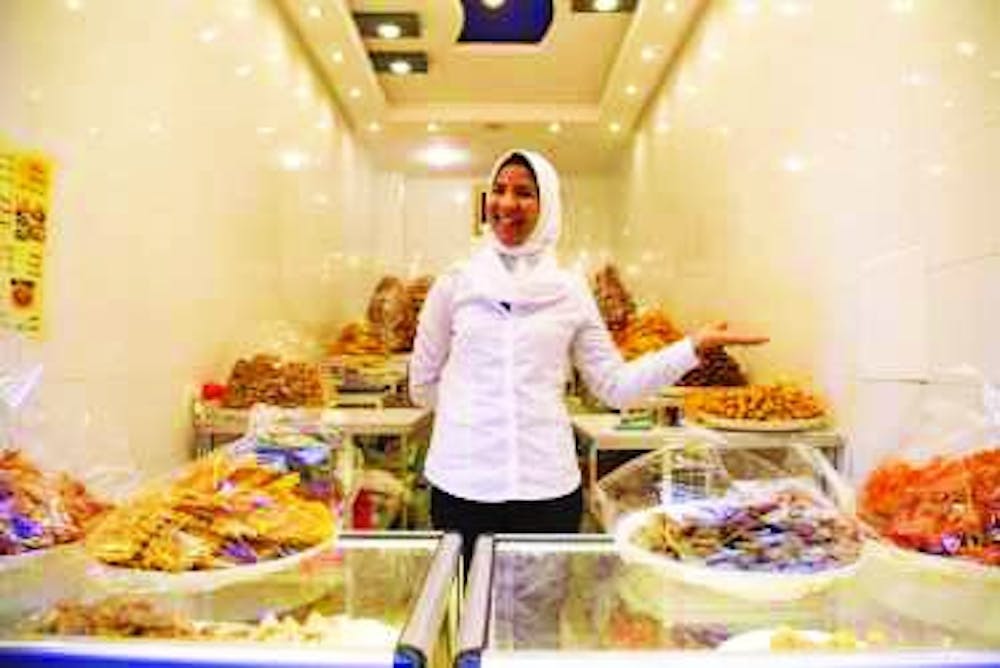By Abigail Roberts | Contributor
The media for too long has perpetuated "the three B syndrome" in which Muslims and Arabs are portrayed as either a billionaire, belly dancer or bomber. When conceptualizing those that are different from us, it is difficult for us to picture them without added baggage. Only contact can counter closed mindedness.
"Prior to studying abroad in the Middle East, I was intimidated by Arabs and Muslims alike because I didn't understand who they were, what they believed, or how I was supposed to relate to someone that I saw as being so different from me," said Alyssa Willow, a senior at Grace College. "Now that I have had the opportunity to interact with Arabs . . . who was once a stranger has become family to me."
So today, I will be introducing you to five non-billionaire, belly dancer or bomber Muslim Arabs: Amira, Muhammad Shannak, Abu Muhammad, Abd il Latif and Wafa Badeer.
Amira is a sweets shop employee in Morocco who daily interacts with Westerners passing by.
"I want them to see past what they assume and actually approach and ask me questions," Amira said. "I love interacting with people, sharing pieces of who I am. Especially my faith. I want Westerners to know that we are so similar to young people in the West. We like to laugh, to sing, to have fun and pursue our dreams."
"They think that it is desert and camels, but when they come they are surprised," said Shannak, a sound editor at a Jordanian radio station. "They think that the community is closed, but we are open to other cultures, other ideas anything . . . it is a loving community. We live in peace and want to help each other."

Abu Muhammad used to work as the private chauffeur for the mother of King Abdullah, but when the late King died, Abu Muhammad lost his job and now works as a taxi driver in the heart of Amman, the capital of Jordan.
Muhammad discussed with me why the majority of Muslims disapprove of terrorism.
"Killing and hurting this is not Islam," Muhammad said. "The fear of God is not in them. They twisted the way of Islam. Islam is a religion of forgiveness."

"Simple religions lead people to peace and freedom," said Badeer, a government office worker and part-time English student. "My religion means a lot to me, and I want people to know that. I wake up at 5 a.m. for the morning call to prayer . . . it is discipline to fear and follow God. If there is not salt (religion) in life, then there is no beauty or joy in life."
Seventy-five year old Latif stands at a Jordanian street corner every day selling small knickknacks to passersby.
As a young Palestinian refugee, he found favor with the late Jordanian king and had his education paid for in order to become a banker. After an unfortunate car accident, Latif lost his job and now struggles to make ends meet. He has over 20 grandchildren.
"Islam is very beautiful," Latif said. "Instead of good morning here we speak, 'Peace be upon you.' Peace, that is Islam."
If you have been following my articles this semester, I have attempted to present a mix of stories on numerous aspects of Arab identity and culture. Whether that was the continued horror of the Syrian war, the longing for a Palestinian homeland, century-old tribal traditions, local artisan's stories or cries for justice from Arab Christian brothers and sisters, I hope it showed you there is more than one dimension to the Arab world.





